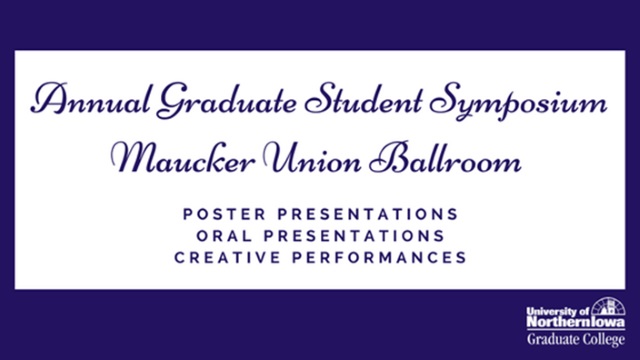
Complete Schedule
Threat as a Mediator of the Relationship between Political Orientation and Prejudice toward Immigrants
Presentation Type
Poster Presentation (Electronic Copy Not Available)
Keywords
Immigrants--Public opinion; Party affiliation--Psychological aspects; College students--Middle West--Attitudes;
Abstract
Immigration is at the forefront of geopolitical debate amidst a wave of exclusionary populism sweeping across the West that is often associated with increased prejudice toward minorities (Schmuck & Matthes, 2017) and an increase in anti-immigrant sentiment (Porter & Russell, 2018). Integrated threat theory (Stephan & Stephan, 1996) suggests that four variables predict prejudice toward outgroups– realistic threat, symbolic threat, intergroup anxiety, and negative stereotypes. In this study, we investigated whether these variables would mediate the relationship between political orientation (i.e., conservatism) and prejudice toward two recently-targeted outgroups (i.e., Arab and Mexican immigrants). Both realistic and symbolic threat partially mediated the relationship between political orientation and prejudice toward Arab and Mexican immigrant groups. However, neither of the other two types of integrated threat (i.e., intergroup anxiety, negative stereotypes) significantly mediated prejudice. Political orientation significantly predicted all four types of threat as well as prejudice toward both immigrant groups. Our Midwestern college student participants may not have much contact with people from these immigrant groups, resulting in negative attitudes being less related to their own experiences (intergroup anxiety, stereotypes) and more driven by general perceptions of threat that may come from the media, celebrities, and/or politicians (realistic and/or symbolic threat) and has much to teach us.
Start Date
3-4-2019 11:00 AM
End Date
3-4-2019 1:00 PM
Faculty Advisor
Dr. Helen Harton
Department
Department of Psychology
Copyright
©2019 Nathan Lewey
File Format
application/pdf
Embargo Date
4-17-2019
Threat as a Mediator of the Relationship between Political Orientation and Prejudice toward Immigrants
Immigration is at the forefront of geopolitical debate amidst a wave of exclusionary populism sweeping across the West that is often associated with increased prejudice toward minorities (Schmuck & Matthes, 2017) and an increase in anti-immigrant sentiment (Porter & Russell, 2018). Integrated threat theory (Stephan & Stephan, 1996) suggests that four variables predict prejudice toward outgroups– realistic threat, symbolic threat, intergroup anxiety, and negative stereotypes. In this study, we investigated whether these variables would mediate the relationship between political orientation (i.e., conservatism) and prejudice toward two recently-targeted outgroups (i.e., Arab and Mexican immigrants). Both realistic and symbolic threat partially mediated the relationship between political orientation and prejudice toward Arab and Mexican immigrant groups. However, neither of the other two types of integrated threat (i.e., intergroup anxiety, negative stereotypes) significantly mediated prejudice. Political orientation significantly predicted all four types of threat as well as prejudice toward both immigrant groups. Our Midwestern college student participants may not have much contact with people from these immigrant groups, resulting in negative attitudes being less related to their own experiences (intergroup anxiety, stereotypes) and more driven by general perceptions of threat that may come from the media, celebrities, and/or politicians (realistic and/or symbolic threat) and has much to teach us.


